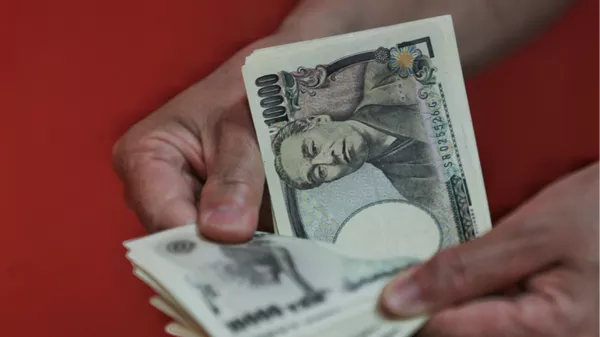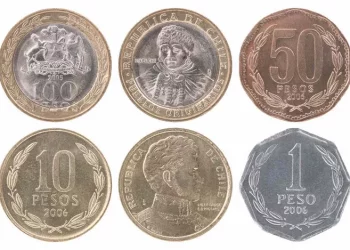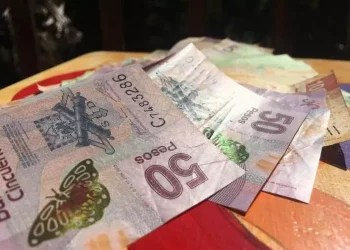In the intricate world of global finance, exchange rates play a pivotal role in shaping international trade, investment, and economic stability. Among the myriad of currencies, the Japanese Yen (JPY) stands as one of the major players, commanding significance in the global financial landscape. Understanding the dynamics behind the current yen exchange rate and its implications is crucial for businesses, investors, and individuals alike. In this article, we delve into the intricacies of the yen exchange rate, focusing on the conversion of 27,000 yen to US dollars (USD).
The Foundation of Exchange Rates
Exchange rates represent the value of one currency relative to another and are influenced by a myriad of factors, including economic indicators, geopolitical events, central bank policies, and market sentiment. In the case of the yen, its value against the US dollar is particularly significant given the prominence of both economies on the global stage.
The Current Yen Exchange Rate
As of the latest data available, the exchange rate stands at 0.0068 JPY/USD. This figure reflects the amount of Japanese yen needed to purchase one US dollar. Exchange rates are dynamic and subject to fluctuations in response to various stimuli, making it imperative to stay informed about the latest developments in the foreign exchange market.
Converting 27,000 Yen to USD
Now, let’s explore the process of converting 27,000 yen to US dollars using the current exchange rate.
To calculate the equivalent amount in USD, we use the following formula:
Amount in USD = 27,000 JPY* 0.0068=183.6 USD
Factors Influencing the Yen Exchange Rate
The yen’s value is influenced by a multitude of factors, both domestic and international. Here are some key determinants:
Economic Indicators
Economic indicators such as GDP growth, inflation rates, employment figures, and trade balances exert a significant influence on the yen exchange rate. A robust economy characterized by strong growth and stable inflation tends to strengthen the yen, while economic downturns may lead to depreciation.
Central Bank Policies
The Bank of Japan (BOJ) plays a crucial role in shaping the yen’s value through its monetary policies. Decisions regarding interest rates, quantitative easing measures, and intervention in the foreign exchange market can impact the yen’s exchange rate. For instance, lowering interest rates to stimulate economic activity may lead to a depreciation of the yen, making Japanese exports more competitive.
Geopolitical Events
Geopolitical events such as trade tensions, political instability, and geopolitical conflicts can roil currency markets and influence the yen exchange rate. Uncertainty and risk aversion may drive investors to seek safe-haven assets like the yen, boosting its value.
Market Sentiment
Market sentiment and speculative trading also play a role in determining exchange rates. Positive sentiment towards the Japanese economy or risk appetite in global markets may bolster the yen, while negative sentiment could lead to depreciation.
Implications for Businesses and Investors
The yen’s exchange rate has far-reaching implications for businesses engaged in international trade and investors with exposure to Japanese assets.
See Also:Current Yen Exchange Rate: What Is 25000 Yen to Dollar?
Importers and Exporters
For businesses involved in import and export activities, fluctuations in the yen exchange rate can impact competitiveness, profitability, and cost structures. A stronger yen may benefit importers by reducing the cost of imported goods, while exporters may face challenges due to lower competitiveness in foreign markets.
Multinational Corporations
Multinational corporations with operations in Japan or significant exposure to the yen are sensitive to exchange rate movements. Currency fluctuations can affect financial performance, repatriated profits, and strategic decision-making, necessitating risk management strategies such as hedging.
Investors
Investors with holdings in Japanese assets, such as stocks, bonds, or real estate, are subject to currency risk. Changes in the yen exchange rate can influence the returns and valuation of these investments, highlighting the importance of diversification and currency hedging strategies.
Conclusion
The yen exchange rate is a multifaceted variable shaped by a complex interplay of economic, geopolitical, and market factors. Understanding the dynamics behind the yen’s value is essential for navigating the intricacies of the global financial landscape. Whether converting yen to US dollars for personal transactions or managing currency risk in business and investment endeavors, staying informed about exchange rate dynamics is paramount. As we’ve explored, the current exchange rate of 0.0068 JPY/USD has implications that reverberate across sectors and borders, underscoring the significance of exchange rate analysis in today’s interconnected world.
Related Topics:
Current Yen Exchange Rate: What Is 12000 Yen to USD?
Current YEN Exchange Rate: What Is 10,000 Yen to GBP?
Current Yen Exchange Rate: What is 1000 Yen in Pounds?




























